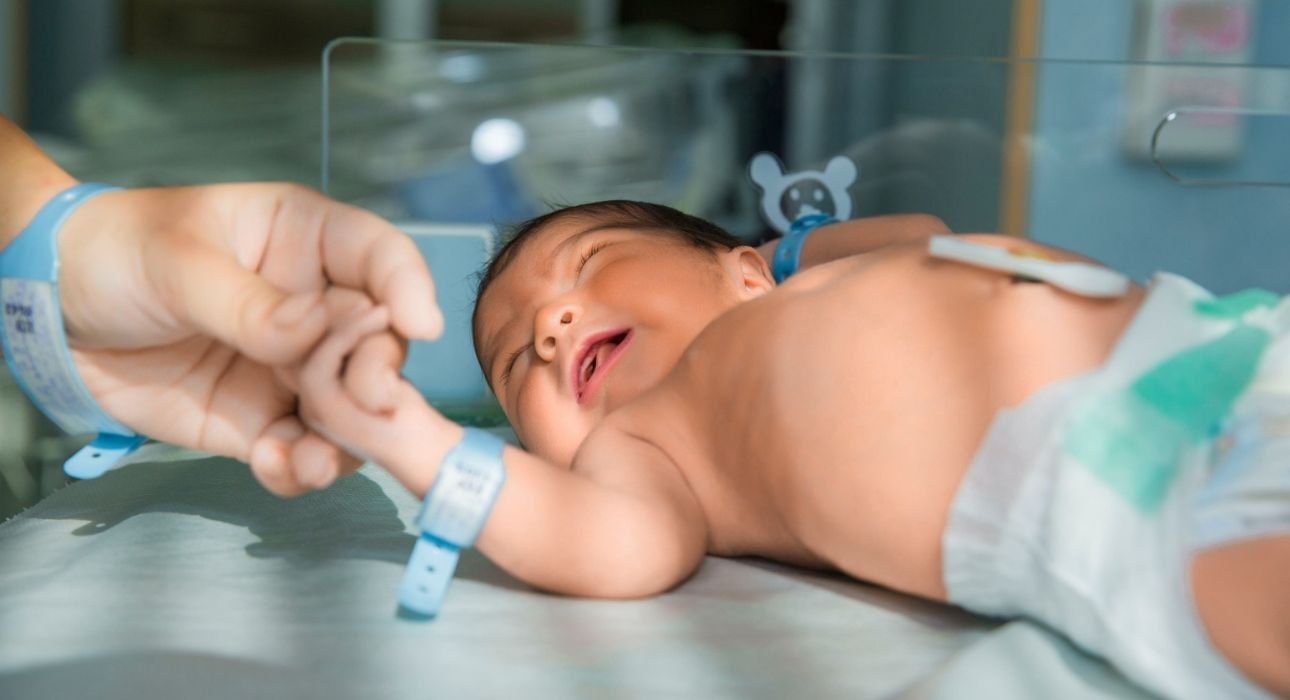Around 18 million people worldwide are living with cerebral palsy (CP). It is a condition that begins before or during birth, and impacts the individual for the rest of their life, with no cure currently available. Because of its severe implications, it’s important to have a handle on what causes CP in order to limit the likelihood of more newborns becoming affected by it.
There is no single route cause, but rather a range of factors which feed into an increased chance of CP, all centering on damage caused to the brain. These include pregnancy complications, challenges during labour and issues which occur during the delivery process itself. Prevention of CP and care in cases where it does occur are contingent on making interventions as soon as possible. To that end, here’s an overview of the most common causes of cerebral palsy and a few preventative steps you can take. We’ll also look at the support available for families facing this diagnosis for their infant.
Understanding Prenatal Risk Factors
As mentioned, a number of prenatal factors can increase the likelihood of cerebral palsy, which impacts between 1 and 4 live births in 1,000. It’s useful for prospective parents to have a sense of where the risks lie in order to allow their own pregnancies to be as healthy as possible. First, a low birth weight or a premature delivery can amplify the likelihood of CP, since both are linked with brain injuries consistent with catalysing this condition.
Infections that impact expectant mothers during the course of the pregnancy can also contribute. Key culprits include rubella and toxoplasmosis, as the development of the foetus’ brain may be derailed by either of these comparatively common examples.
Also, there’s a reason that healthcare professionals recommend that pregnant women avoid drinking, smoking and taking illegal drugs. All three are detrimental to the development of a growing foetus’ brain. Likewise, if the mother-to-be is malnourished during pregnancy, CP risks are exacerbated and elevated. So if you have any concerns or questions about your particular circumstances, it is best to speak with a specialist.
Unpacking Labour and Delivery Complications
Prenatal risks are compounded by complications during the labour and delivery processes that can lead to a CP diagnosis down the line. If a baby is deprived of oxygen during an extended period of labour, this can cause brain damage. Similarly, if the umbilical cord is compressed, kinked or compromised, a lack of blood and oxygen getting to the brain is another risk factor.
Head trauma suffered during delivery, such as in the event of the use of forceps or vacuum extractors being greenlit, must also be considered. And breech births are also something to be aware of, because once again, they create conditions in which a normal delivery is not possible, and problems are more likely to arise. Medical errors and negligence can cause or magnify these complications, so if you believe they are a contributing factor, it is sensible to contact a cerebral palsy lawyer to help you and your family get to grips with the next steps.
Preventing CP
You don’t have to sit back and accept the risks of CP. Instead, proactive preventative measures are worth taking as well. First, control your health during pregnancy by working with your healthcare professional and following their advice. This includes sticking to the dietary recommendations they provide and steering clear of harmful substances.
Next, checking up on your vaccination record to ensure that you’re immunised against the potential infections that lead to CP in developing foetuses is a savvy step. Don’t assume that you’ve got everything up to date in this regard, as gaps here are more common than you’d think. You also need to practice good hygiene habits to further avoid infection. Lastly, make sure you know the labour and delivery process in detail, and work with your healthcare provider to go over what’s involved, what could go wrong, and how hiccups will be addressed when the event is underway.
The Bottom Line
Essentially, the more you know about cerebral palsy, the easier it will be to dramatically reduce the risks it poses to you and your newborn during your own pregnancy. The advice of experts, including doctors and medical malpractice lawyers, is invaluable, so don’t be shy about seeking their input and following what they recommend.













Leave feedback about this